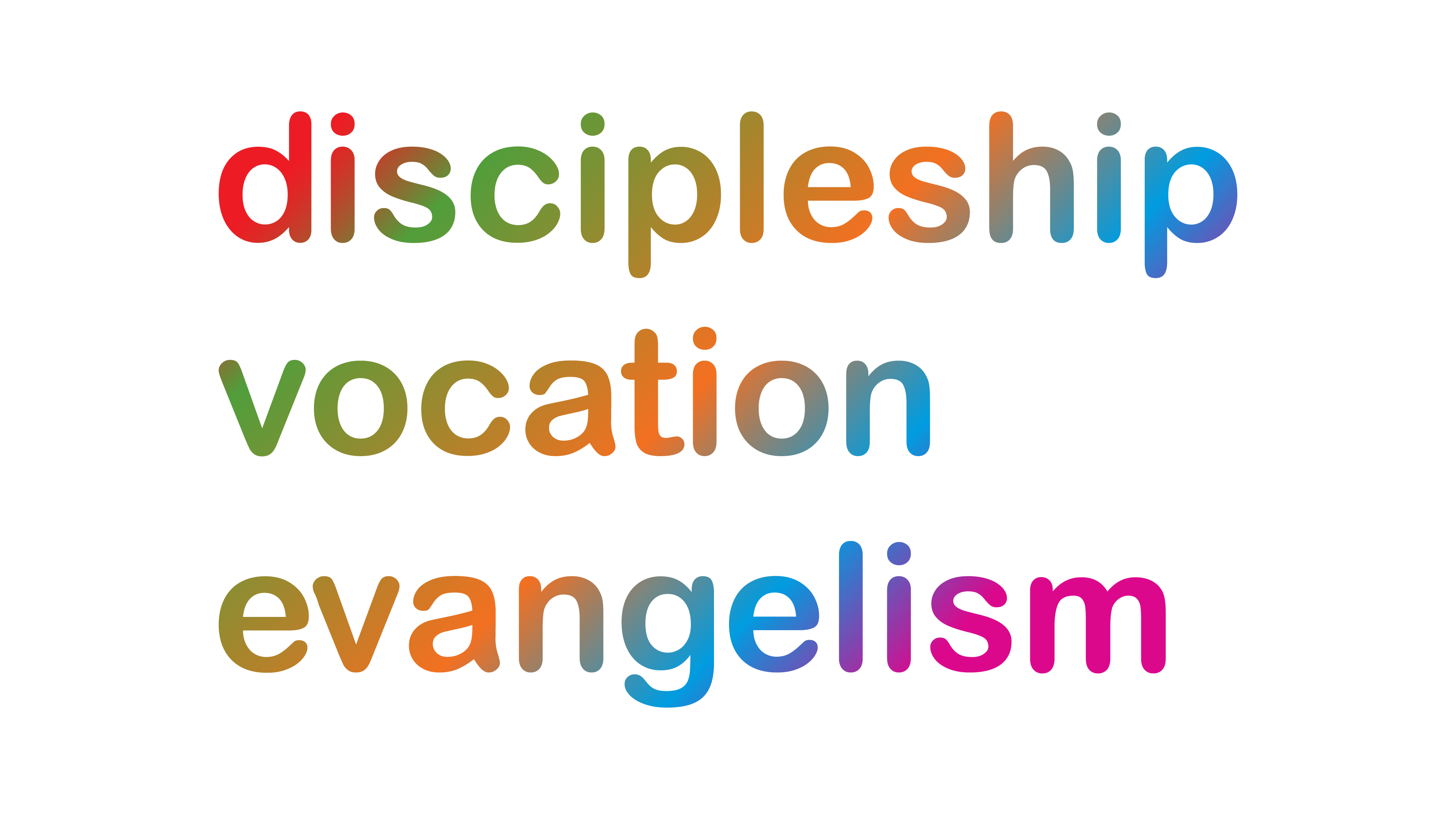
Last week a band of pilgrims traveled from General Synod to London to highlight the plight of those living in poverty, stopping in Stafford on the way.
The Poverty Pilgrimage arose as part of the response to the Diocese of Manchester's Poverty Commission. Members of the Diocese of Manchester and other Poverty Pilgrims used public transport, lifts and walking over five days.
Along the way, they collected stories from churches and partner organisations which have witnessed or felt the effects of poverty and deprivation. These individual stories are being shared through Facebook and Twitter and reports in other media.
Arriving in Stafford, they joined a group of representatives from churches that provide money advice and support to people in debt particularly as the change to Universal Credits is rolled out.
"We had a very productive and helpful session with Colin Smith, Local Partnership Manager for the Department of Work and Pensions who was able to talk through some of the timetable, detail and reasoning of the imminent changes. There was a very lively dialogue, with people recounting stories of the effects of change and everyone gaining a better understanding."
The Poverty Pilgrims had a very tight budget of 53 per person for the week, mirroring the amount that some people have to budget with each week. The Poverty Pilgrimage Pilgrims had to share costs and call on the support of others such as by sleeping on floors, catching lifts and sharing meals.
Groups represented include Penk Moneywise in Penkridge, Bridging the Gap in Willenhall. Advice Link which serves Wellington, Jubilee Money Advice Service all the way from Oswestry and a new project developing in Wolverhampton.
"Listening to the poor is becoming a bigger and bigger issue in this country at the moment" says Revd David Primrose, Director of Transforming Communities for the Diocese of Lichfield. "Both here and at the Practising Generosity event last month I heard a number of people boiling up with a righteous anger that some of the most vulnerable in our communities are being hit hardest by cuts and changes - not just by the well-publicised direct cuts in benefits but funding for the so-called 'third sector' which Government seems to presume faith groups will pick up. It is a challenge churches are inevitably rising to."
"Hearing and responding to the real experiences of those who have to live with few resources is challenging for all of us.I'm very excited that the diocese has embarked on a year-long partnership with Church Action on Poverty whereby six churches from areas that experience deprivation will be listening to stories from their local communities, sharing those with churches from more affluent areas and together addressing issues that arise. They will be working towards a Close the Gap event in June next year when the stories of the poor will be shared."